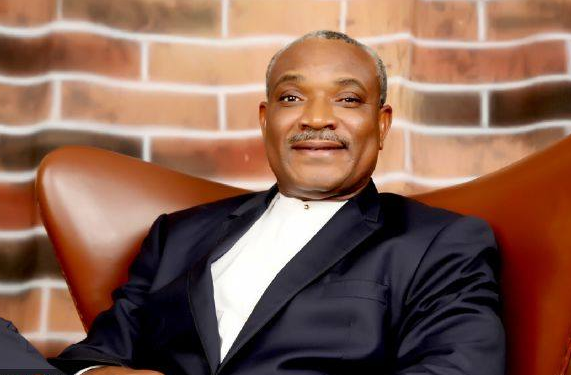855
From the inception of EFCC to now, Nigerians have seen many petitions; some with merit, others without merit. And yes – quite a few are such that should, without more, be shredded and confined to the many dustbins that litter the EFCC offices in Abuja.
One such petition that fits this bill is the infamous one in April 2015 by one Okoi Obono Obla, a ‘legal practitioner’. He preferred said petition against the person of Liyel Imoke, the immediate past governor of Cross River State. In the first part of this serial article, I will demonstrate, by reference to the specific paragraphs of the petition, why EFCC should just swiftly discard the petition as baseless and not warranting even a second look. While not holding brief for Senator Imoke, below is the rest of my analysis:
One – regarding Obla’s attempts to ground the petition on the basis of being a legal practitioner, traditional ruler and a writer; let me quickly remind him that, such titles standing alone, are hardly grounds to give someone the locus or standing to prefer such petitions. Obla, as a lawyer, should know that he must petition from the standpoint of some personal knowledge of the corrupt acts he alleged; otherwise the petition will not pass legal muster.
Such personal knowledge could be acquired from either being privy to the corrupt acts he alleged or otherwise being at a vantage point to possess some evidence thereof. Given that Obla is lacking in both, the petition must therefore fail as a matter of law. In law, that is called ‘failure to state cause of action’. In other words, it is not enough to peddle allegations; you must state the material facts upon which the allegations are predicated, otherwise your process must fail; or worse, you could be sanctioned for abuse of legal process.
Two – the said petition contains sixteen paragraphs. Paragraph one called for investigation of ownership of Songhai Farms. This is as laughable as it is also without any substance. Again, as a lawyer, Obla should know that all he needs to do to determine ownership of a company is to simply approach the Corporate Affairs Commission (CAC) – which keeps the registry of names of directors and shareholders of companies. In other words, such information is actually public.
Thus, it’s not EFCC’s business to search CAC database for him, especially as the petition contains no material evidence or even any allegation that Liyel Imoke is the owner of Songhai Farms. Is Obla suggesting that Songhai Farms, under whatever ownership, is a criminal enterprise? Or that it is engaged in some economic or financial crimes? Obla’s failure to connect Imoke to Songhai and pointing to any impropriety renders his mere mention of Songhai Farms an innuendo. EFCC does not investigate innuendos. Instead, Obla could be held to account for his innuendos in a civil cause for libel.
Three – regarding the N40 billion bond allegedly issued by Cross River government, what Obla needs to do is to simply find out from the Federal Minustry of Finance or better – the SEC how the bond was increased from N31.99 billion to N40 billion (assuming that is true). Obla should know that Liyel Imoke, as a governor, has no power to raise a single Naira in State bonds, not to talk of increasing same. Raising bonds is a complex but transparent process that involves the State House of Assembly, which must  first pass a resolution before any bond is issued. But most importantly, no State can raise bonds without the approval of the Securities & Exchange Commission (SEC), an independent federal agency that is completely outside the control of any State governor.
Thus, if Obla has any beef, it should be with the Federal Ministry of Finance, Securities & Exchange Commission, and the Cross River State House of Assembly; not a Liyel Imoke who possessed no such powers. Besides, the mere increasing of the amount of the bond from N31.99 billion to N40 billion is not, in and of itself, an economic or financial crime that falls under the purview EFCC investigation. The applicable law – the Securities & Exchange Act – permits both downward and upward review of bonds. So, where is the crime or corrupt act Obla is alleging?
Finally, on the basis of the forgoing, Okoi Obono Obla’s petition to the EFCC is exactly the type that the EFCC abhors and thus should ignore. If anything, it is Obla that needs to be invited to provide evidence of his allegations; and if he fails, then he could become liable for filing false, malicious and libelous allegations.
Sijuade writes from princeniyisijuade@gmail.com



